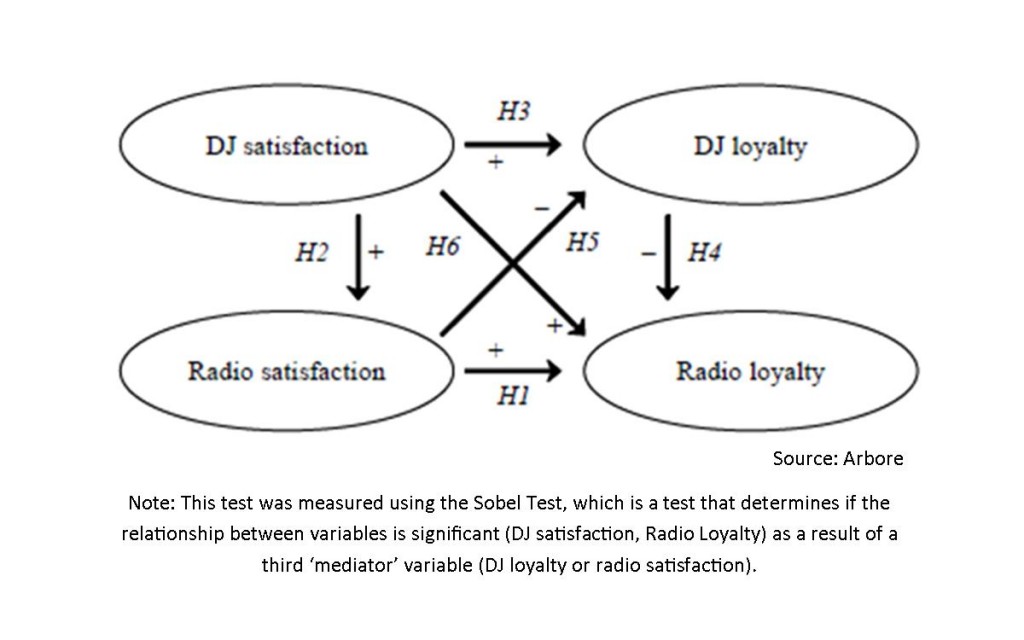
Ask the Experts
How does a personality affect station loyalty?
August 23, 2012
Many questions surround the importance of radio personalities, including “How does a personality affect station loyalty?” The answer is more complex than you might think.
In any service industry, interpersonal relationships play a vital role in the success of businesses. In the radio industry, personalities (DJs) provoke this relationship. This relational role can result in both positive and negative effects toward station loyalty. Obviously, the personality can obtain loyalty from his/her audience. The real question is: Does the loyalty created toward the station outweigh the loyalty toward the DJ? Additionally, should we have concern that our audience will cease listening if a personality is no longer present?
Before I jump right into radio, let’s look at a business that has successfully utilized interpersonal relationships to build and sustain brand loyalty. In 2002, a certain brand by the name of Macintosh “demonstrated that customers having strong interpersonal relationships with a single employee show less interest in alternatives: they show more cooperation, have a greater sense of identification, and actively promote and defend the service provider” (Arbore). This strategy seems to have worked out for the current powerhouse known as Apple, considering that the brand is abundant with loyal consumers.
But radio must be different, right? Perhaps not. Let’s look at the results from a study conducted by the Department of Management at Bocconi University, Milan. This study tested the effects that DJ satisfaction has on radio loyalty via satisfaction and DJ loyalty. The research model is shown below. (Remember that this study was conducted in Italy, where views and values may differ from our own.)
This study tested for and found results for three important effects of DJ satisfaction.
- The first impact (DJ satisfaction positively affects radio loyalty by increasing radio satisfaction) was found to have the highest Sobel Test value (3.3) which was found to be over 90 percent significant. This is certainly encouraging for stations, assuring that their personalities are consistently creating a sense of loyalty toward the station.
- The second impact (DJ satisfaction negatively affects radio loyalty by increasing DJ loyalty) tested at a much lower significance than the first impact, being deemed only slightly significant.
- The third effect (DJ satisfaction positively affects radio loyalty by increasing radio satisfaction and, in turn, reducing DJ loyalty) had very low test values. This portion of the study was considered insignificant altogether.
It is apparent from this study that the personality plays a very important role in creating station loyalty by increasing station satisfaction. Also, perhaps we can take a deep breath and not worry so much about our consumers being too attached to personalities, because it has a much less significant impact on station loyalty. Considering the study was conducted overseas, we clearly cannot put too much value into the findings. But we can still dream, can’t we?
-Tyler Plahanski, Production Coordinator
Cite: Arbore, A., Guenzi, P., & Ordanini, A. (2009). Loyalty building, relational trade-offs and key service employees: The case of radio DJs. Journal of Service Management, 20(3), 317-341. doi: 10.1108/09564230910964417

Comments